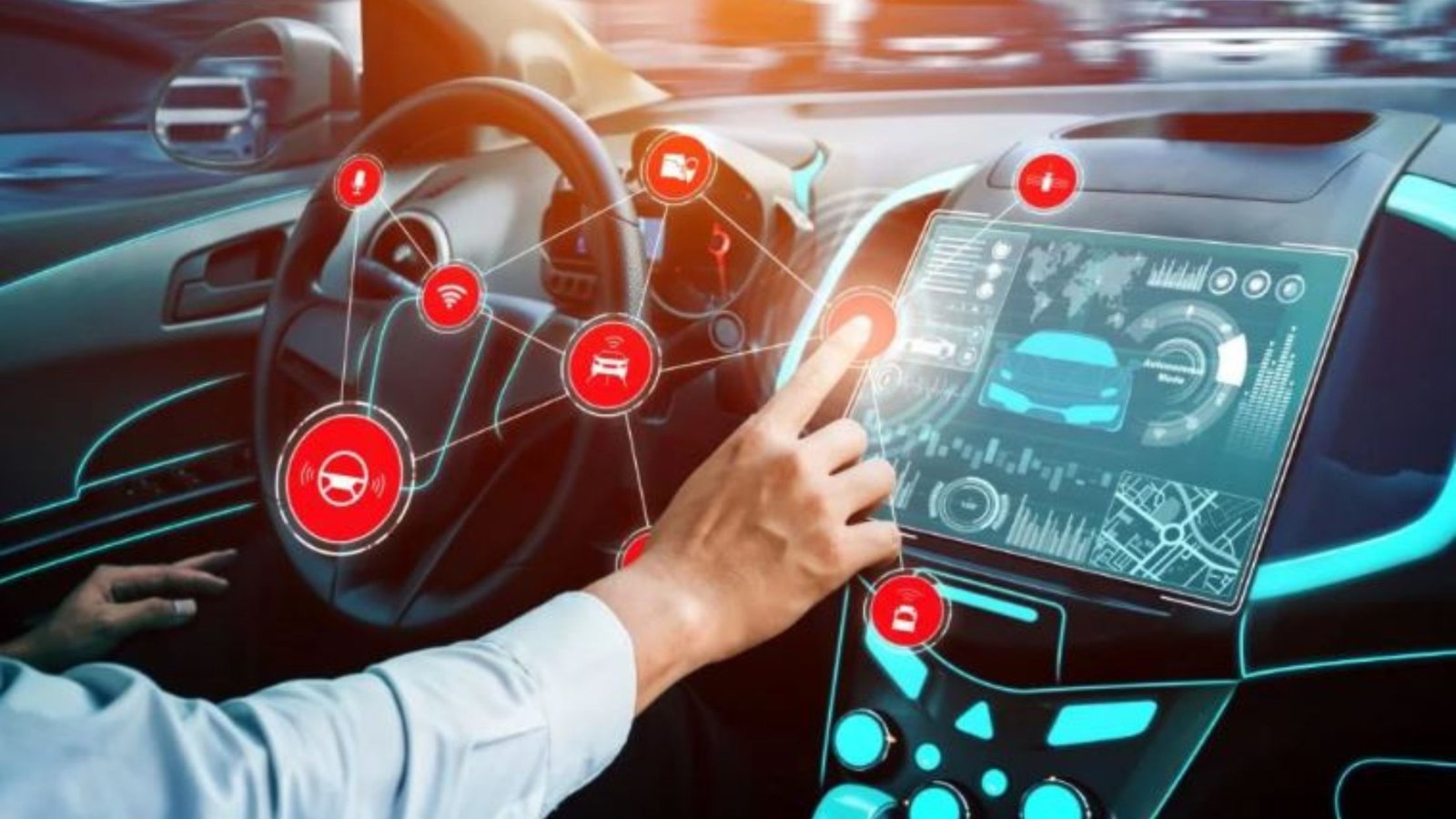Benefits and Challenges of Electric Vehicles
Electric vehicles (EVs) are transforming the transportation industry by offering a cleaner and more efficient alternative to gasoline-powered cars. As more consumers consider switching to EVs, it’s important to weigh the benefits of electric vehicles alongside the challenges. With advances in technology, EVs are becoming more accessible, but certain obstacles still remain. Understanding the pros and cons of electric vehicles helps buyers make informed decisions.

Discover New Digital Avenues
While Alternativeautomobile29.com provides information on alternative automobiles, you might also be interested in exploring other forms of online entertainment. For those in Australia seeking engaging digital experiences, online gambling australia offers a diverse range of gaming options and potential enjoyment. Explore this alternative avenue for leisure and see what excitement awaits.
1. Environmental Benefits of Electric Vehicles
Electric vehicles offer significant environmental advantages over traditional cars. Since EVs produce zero emissions, they play a vital role in reducing pollution. By driving an EV, you contribute to lowering air pollution and minimizing the greenhouse gases responsible for climate change. Unlike gasoline cars, which rely on fossil fuels, EVs can be charged using renewable energy sources like wind or solar power. As green energy becomes more prevalent, the overall environmental impact of electric vehicles will continue to decrease.
2. Cost Savings on Fuel and Maintenance
Innovative Solutions for Alternative Automobiles
AlternativeAutomobile29 explores advancements in electric and hybrid vehicles, offering reviews, news, and insights for eco-conscious drivers. For visitors interested in online engagement beyond automotive content, www.kiwibetting.com provides interactive opportunities. Integrating such links thoughtfully ensures they complement the site’s focus on innovation without distracting from its core content. This approach allows readers to enjoy both cutting-edge automotive insights and engaging online experiences seamlessly.
Another key advantage of electric vehicles is the potential for long-term savings. EVs require electricity instead of gasoline, making them far cheaper to refuel. In addition, electric cars have fewer moving parts compared to traditional vehicles, leading to lower maintenance costs. For example, EVs do not need oil changes, and their simpler mechanics reduce the need for frequent repairs. These factors can significantly reduce the total cost of ownership, especially for drivers who use their vehicles regularly.
Furthermore, regenerative braking systems in EVs reduce wear on brake components, extending the lifespan of key parts. These savings make electric vehicles a practical option for drivers looking to reduce operating costs.
Explore Online Entertainment in Australia
While you’re exploring the world of alternative automobiles and sustainable transportation at AlternativeAutomobile29.com, you might also find interest in discovering online entertainment options. For comprehensive reviews and recommendations on platforms available to players in Australia, you can explore gambling360 australia. Find reputable sites offering a wide variety of engaging games and secure entertainment for your leisure time here in Harare on this pleasant Tuesday morning.
3. Performance and Driving Experience
One often overlooked benefit of electric vehicles is their excellent performance and smooth driving experience. EVs offer instant torque, providing quick acceleration that many drivers enjoy. Electric cars deliver a quiet ride due to the lack of an internal combustion engine, enhancing comfort for both the driver and passengers. Additionally, many EVs now boast longer ranges than ever before, making them suitable for long trips and daily commutes alike.
Modern electric vehicles can travel hundreds of miles on a single charge, thanks to advancements in battery technology. For example, popular models now offer ranges of 200 to 300 miles per charge, making them more practical for everyday use.
4. Charging Infrastructure Challenges
Despite their many advantages, electric cars face challenges with charging infrastructure. While home charging offers convenience, public charging stations remain limited in some regions, particularly in rural areas. For those considering long-distance travel, access to fast-charging stations can be a concern, as they are not as widespread as gas stations. This infrastructure gap may pose a challenge for EV owners who need to rely on public charging.
In addition, charging times are another hurdle. While some fast chargers can recharge a battery within an hour, standard chargers take significantly longer. This limitation could affect drivers used to the quick refueling of gasoline cars.
5. Upfront Costs and Battery Concerns
Electric vehicles often have higher upfront purchase costs than gasoline-powered cars, primarily due to battery technology. Although prices are decreasing, the initial investment remains higher for many consumers. However, federal and state incentives, rebates, and tax credits help offset these costs and make electric cars more affordable.
Battery lifespan and replacement also present challenges. Though most EV batteries last for several years, they eventually degrade, reducing range and performance. Replacing a battery can be costly, although most manufacturers offer warranties to cover these issues. Recycling and disposing of used batteries can also pose environmental challenges, though ongoing improvements in recycling technology aim to mitigate this.
Conclusion
In conclusion, electric cars present many benefits, including environmental advantages, cost savings, and enhanced driving performance. However, challenges like charging infrastructure, higher upfront costs, and battery concerns continue to pose obstacles for potential EV buyers. As technology and infrastructure improve, electric cars will become even more attractive. Weighing these pros and cons of electric vehicles is crucial for consumers making the switch to greener transportation.

